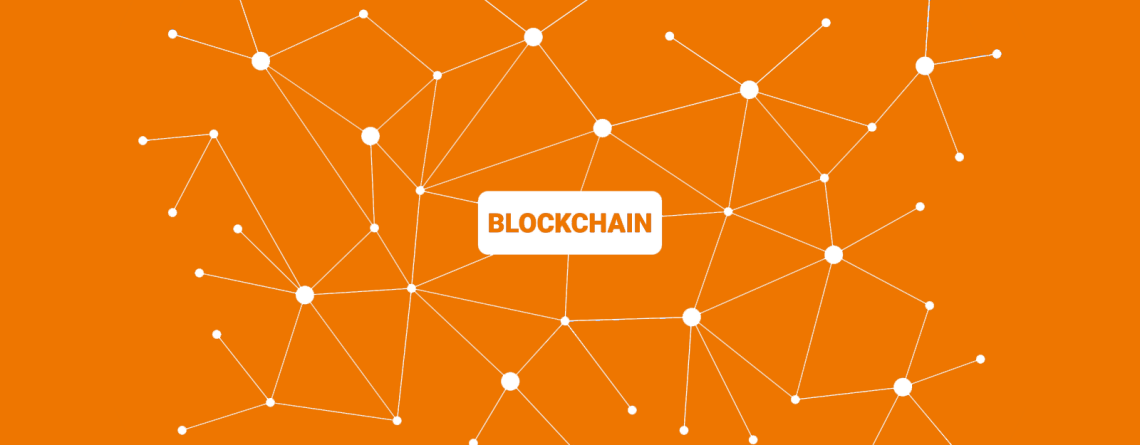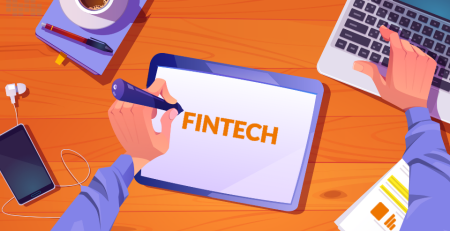How Blockchain Can Secure Your Personal Data?
In an increasingly digitized landscape, where personal data holds immense value, ensuring its safety has become a critical imperative. With the surge in cyber threats, data breaches, and identity theft, concerns have emerged regarding the susceptibility of our sensitive information. Enter blockchain technology — a groundbreaking advancement that possesses the capability to revolutionize the realm of safeguarding personal data.
Understanding Blockchain Technology
Blockchain is fundamentally a distributed ledger system that is decentralized and safe for recording data. Blockchain data is spread throughout a network of computers (nodes), as opposed to traditional centralized databases, which store data on a single server. As a result, blockchain data is intrinsically resistant to assaults. Data security is improved because of the decentralized design, which reduces the possibility of a single point of failure.
Key Features of Blockchain for Personal Data Security
- Decentralization:
Blockchain’s decentralization is one of its distinguishing qualities. Since there is no single body in charge of the entire network, there is no centralized authority. This prevents unwanted access and lowers the danger of data breaches brought on by single-point attacks. - Immutability:
Blockchain data is immutable, which means that once it is added to a block, it cannot be changed or removed. Each new block has a reference to the one before it, forming a chronological chain that protects the data’s consistency. It is very difficult for criminal actors to tamper with or change personal information thanks to this functionality. - Encryption and Hashing:
Blockchain employs sophisticated cryptographic techniques to secure data. Information is stored in encrypted form, ensuring that even if unauthorized access occurs, the data remains unreadable. Hashing, a process of converting data into a fixed-length string of characters, creates a unique digital signature for each block. Any alteration to the data would change the hash, alerting the network to potential tampering. - Consensus Mechanisms:
A consensus mechanism assures agreement among network users before data is uploaded to the blockchain. This adds an additional degree of protection and stops fraudulent entries. Common consensus techniques like Proof of Work and Proof of Stake discourage harmful activity by requiring members to stake their resources in the network.
Use Cases of Blockchain in Personal Data Security
- Identity Management:
Blockchain allows individuals to have self-sovereign identities, giving them control over their personal information. This eliminates the need to rely on centralized entities for identity verification and minimizes the risk of identity theft. - Data Sharing and Privacy:
With blockchain, individuals can grant access to their data only to trusted parties, under specific conditions. Medical records, for example, can be securely shared with healthcare providers without compromising privacy. - Supply Chain and IoT:
Blockchain ensures the integrity of data in supply chains and Internet of Things (IoT) devices. It prevents counterfeit products by tracking items from production to delivery and secures data exchanged between IoT devices.
Challenges and Considerations
While blockchain technology presents exciting options for protecting personal data, it’s important to understand its limits. For broad implementation, issues with scalability, energy use (particularly with Proof of Work), and regulatory obstacles must be resolved.
Conclusion
By offering a decentralized, transparent, and impenetrable solution, blockchain technology has the ability to completely transform the security of personal data. Blockchain may enable people to take ownership of their data through its special features and uses, promote confidence in online interactions, and change how we safeguard sensitive data in the digital age. Accepting the possibilities of blockchain can be a big step toward a safer and more secure digital future as we continue to navigate the changing environment of data protection.








Leave a Reply